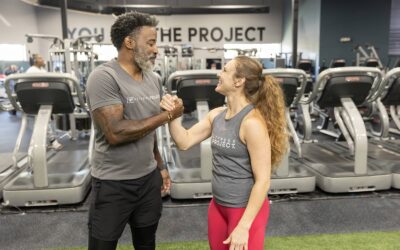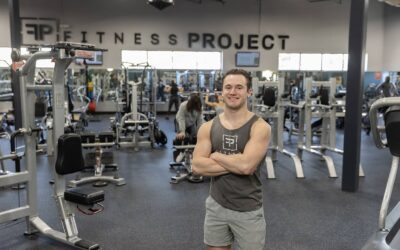When we are working towards fitness goals, whether it’s building muscle, improving endurance, or shedding those extra pounds, we often focus on just the workout. However, many of us overlook nutrition’s crucial role before and after our exercise sessions. Pre- and post-workout nutrition isn’t just about filling your stomach at the right times; it’s about providing your body with the fuel and resources it needs to perform optimally and recover effectively. Understanding nutritional strategies can make a world of difference in your fitness journey, enhancing performance, accelerating progress, and, ultimately, helping you achieve your goals faster. Let’s dive into the benefits and strategies for mastering pre- and post-workout nutrition so you can take your fitness game to the next level.
Pre-Workout Nutrition Essentials: Fueling Your Body for Performance
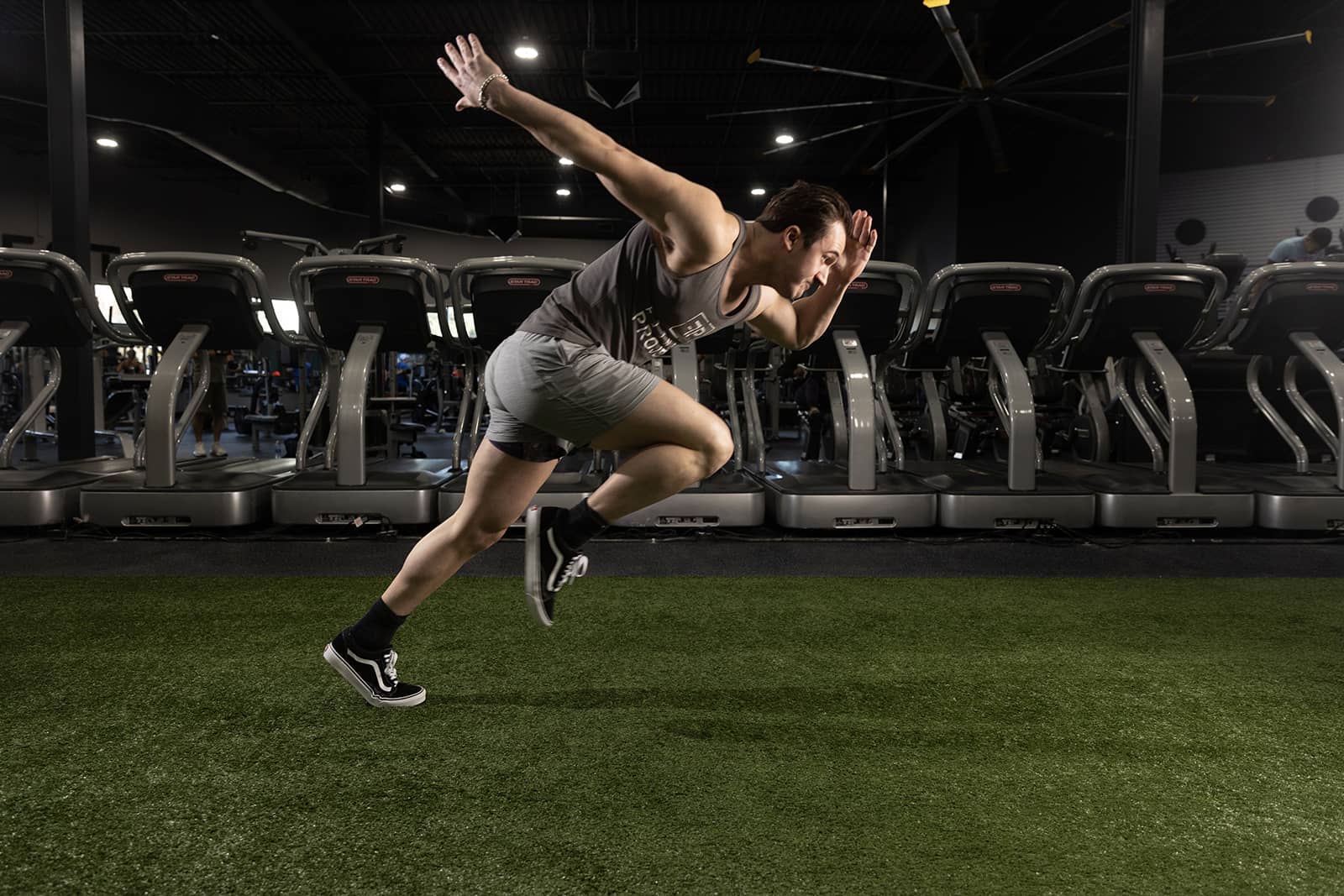 Pre-workout nutrition is the key to priming your body for peak performance during exercise. To provide sustained energy and support muscle function, you’ll want to be sure you eat a balanced combination of:
Pre-workout nutrition is the key to priming your body for peak performance during exercise. To provide sustained energy and support muscle function, you’ll want to be sure you eat a balanced combination of:
- Carbohydrates: Whole Grains, Fruits, Dried Fruits, Starchy Vegetables, Legumes
- Protein: Greek Yogurt, Cottage Cheese, Chicken, Turkey, or Fish
- Healthy fats: Avocado, Nuts and Nut Butters, Seeds, Coconut Oil, Olives and Olive Oil
Experiment with different food combinations and timing to discover what works best for your body.
Timing Is Key: When to Eat Before Your Workout
Timing your pre-workout meal or snack is crucial for maximizing performance and minimizing discomfort during exercise. Aim to eat a balanced meal about 1-3 hours before your workout to allow for digestion and nutrient absorption. Avoid heavy, large meals immediately before exercise, as they can lead to feelings of sluggishness or discomfort.
Pre-Workout Meal Ideas: Energizing Options to Power Your Workout
For a pre-workout meal that’s substantial, easily digestible, nutrient-rich and packed with protein and complex carbohydrates. Remember to keep portion sizes moderate to prevent discomfort during your workout. Try:
- A turkey and avocado sandwich on whole grain bread paired with a side of roasted sweet potatoes.
- A quinoa salad with grilled chicken and mixed vegetables
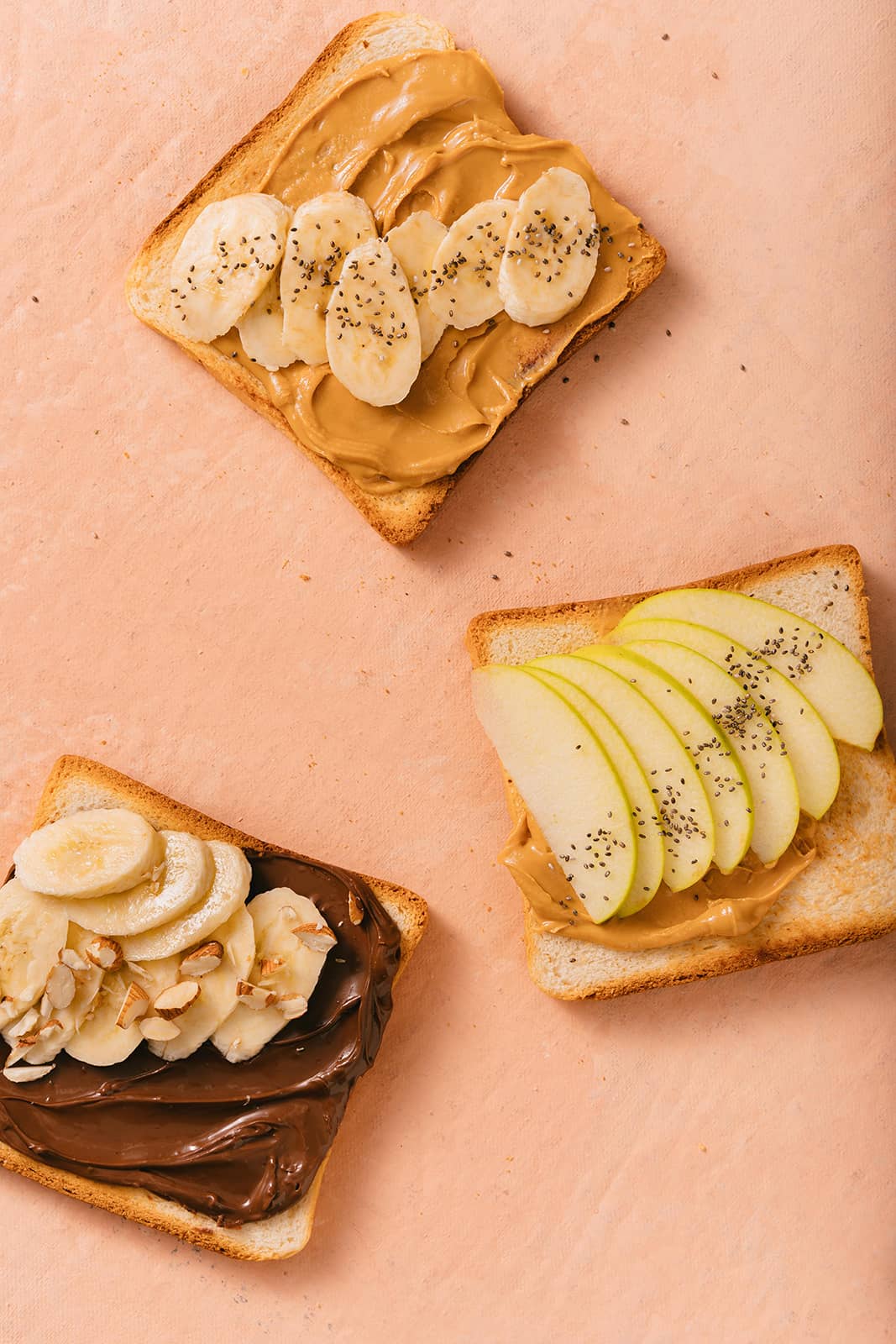
Pre-Workout Snacks: Quick and Convenient Fueling Solutions
Need a quick snack? For sustained energy before your workout, choose a balance of carbohydrates, protein, and healthy fats to fuel your muscles and enhance performance. Experiment with different combinations to find what energizes you and prepares you to tackle your workout. Try fueling up with options like:
- A banana with almond butter
- Greek yogurt with berries
- Whole-grain toast topped with avocado and eggs
Hydration Matters: The Importance of Pre-Workout Fluid Intake
Proper hydration before exercise is vital for optimizing performance and preventing dehydration-related fatigue. Aim to drink water consistently throughout the day leading up to your workout to ensure your body is hydrated.
Post-Workout Nutrition Essentials: Replenishing Your Body for Recovery
Post-workout nutrition is essential for replenishing glycogen stores, repairing muscle tissue, and promoting recovery after exercise. A balanced meal or snack containing carbohydrates and protein within the post-workout window helps maximize these benefits and supports overall fitness progress. Neglecting post-workout nutrition can lead to prolonged muscle fatigue, delayed recovery, and hindered performance in future workouts. Try snacks such as:
- Trail Mix made with nuts, seeds, and dried fruits like almonds, cashews, pumpkin seeds, and raisins.
- Greek Yogurt Parfait with granola and mixed berries
- Whole Grain Toast with Avocado and Turkey
The Anabolic Window: When to Eat After Your Workout
The anabolic window, often considered within 30 minutes to 2 hours after exercise, is a critical period for maximizing muscle protein synthesis and glycogen replenishment. Consuming a nutrient-dense meal or snack during this timeframe can enhance recovery and promote muscle growth. While timing is important, consistency in post-workout nutrition habits is key to sustained progress and optimal performance.
Post-Workout Meal Ideas: Nutrient-Rich Options to Support Recovery
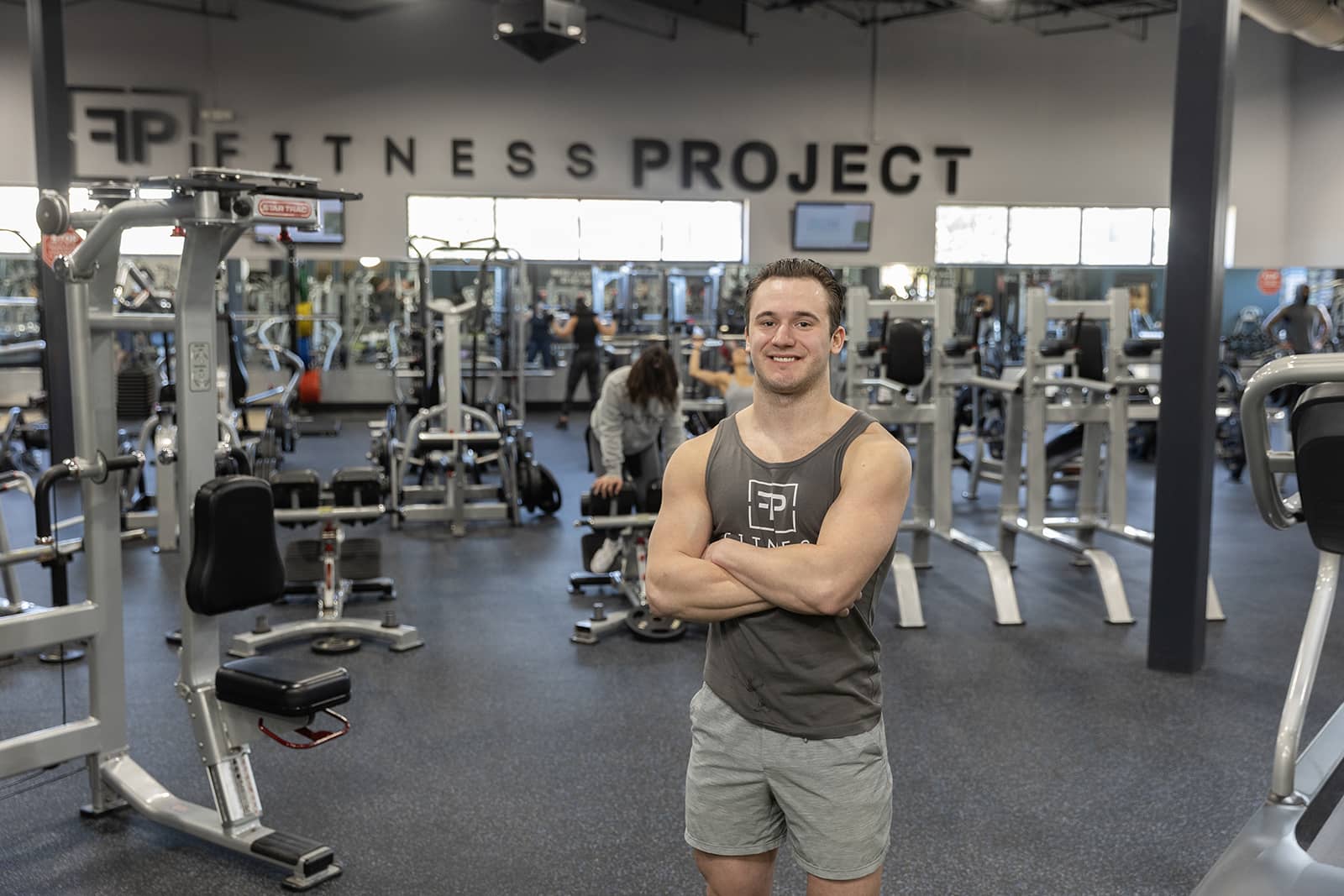 Ensure your body has a nutrient-rich diet to facilitate muscle repair and replenishment by including essential amino acids, carbohydrates, and vitamins. Opt for balanced protein combinations, complex carbohydrates, and micronutrients to support recovery and refuel energy stores effectively. Incorporating vibrant fruits such as berries or oranges can supply antioxidants, aiding in reducing inflammation and promoting recovery. Try nutrient-rich post-workout meal options such as:
Ensure your body has a nutrient-rich diet to facilitate muscle repair and replenishment by including essential amino acids, carbohydrates, and vitamins. Opt for balanced protein combinations, complex carbohydrates, and micronutrients to support recovery and refuel energy stores effectively. Incorporating vibrant fruits such as berries or oranges can supply antioxidants, aiding in reducing inflammation and promoting recovery. Try nutrient-rich post-workout meal options such as:
- Grilled salmon with quinoa and steamed vegetables
- A turkey and spinach whole-grain wrap
- A chickpea and vegetable stir-fry
Refuelling with Protein: The Role of Protein in Muscle Repair
Protein plays a crucial role in muscle repair and recovery after exercise by providing essential amino acids needed for rebuilding damaged muscle fibers. Consuming protein-rich foods or supplements post-workout helps stimulate muscle protein synthesis, aiding in the repair and growth of muscles. Including sources of high-quality protein such as lean meats, eggs, dairy, or plant-based options like tofu or legumes can effectively support muscle repair and enhance overall fitness progress.
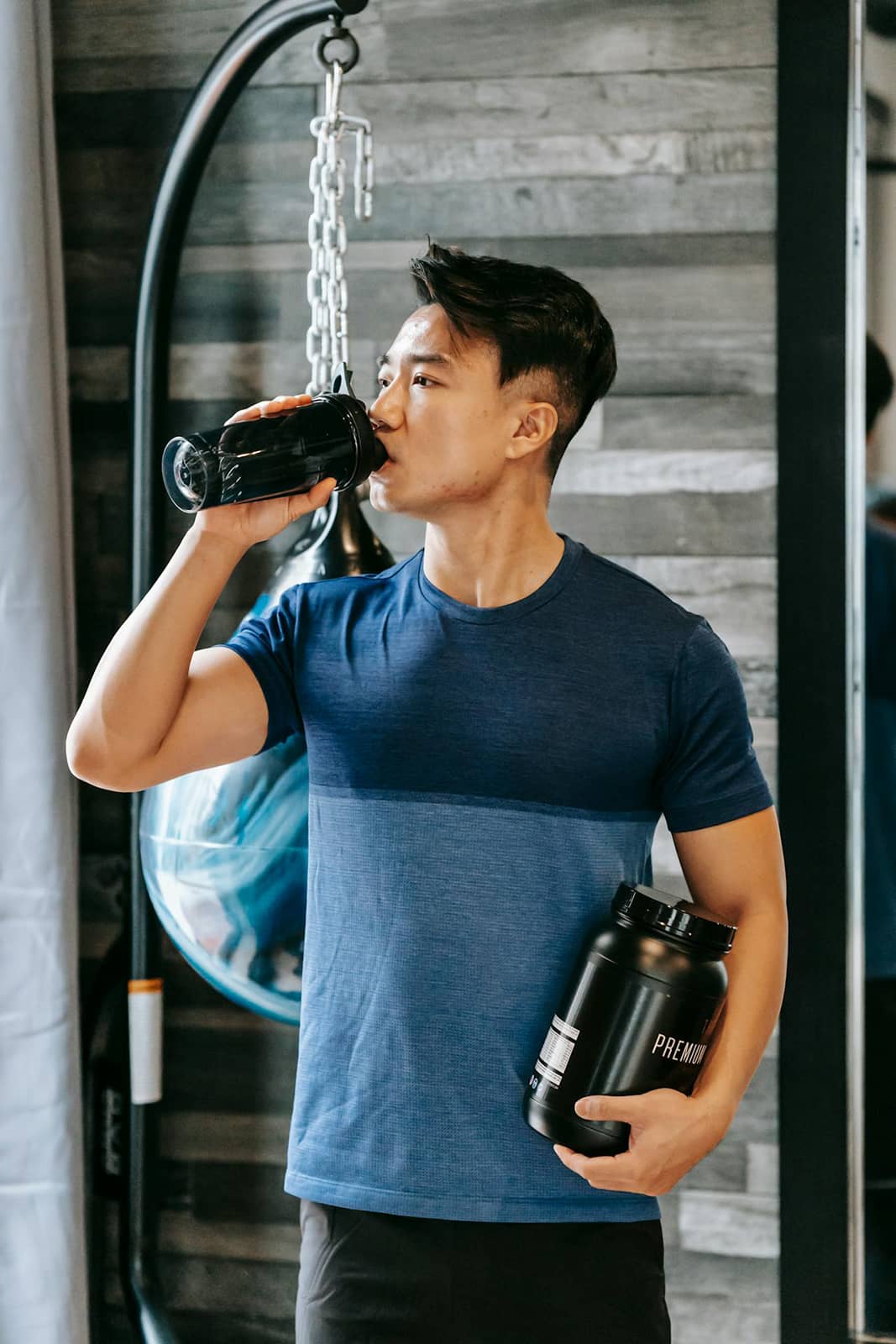
Rehydrating After Exercise: Restoring Fluid Balance Post-Workout
Rehydrating after exercise is essential for restoring fluid balance. Aim to replenish lost fluids by drinking water or electrolyte-rich beverages to replace what you sweated out during your workout. Proper hydration post-exercise can help prevent dehydration, reduce muscle soreness, and support optimal performance in subsequent workouts.
Supplementing for Recovery: Considerations for Post-Workout Nutrition
We recommend consulting with a healthcare professional or nutritionist to ensure supplements are right for your needs and fitness goals. Consider asking them about options like whey protein powder, branched-chain amino acids (BCAAs), or creatine monohydrate.
Optimizing nutrition is a cornerstone of success in your pursuit of peak performance. Pre- and post-workout nutrition strategies, including timing, meal composition, hydration, and supplementation, are integral in fueling workouts, promoting recovery, and maximizing gains – not forgetting that there’s also movement involved in recovery of your body, as yes Fitness Project has a class for that. By understanding the significance of these factors and tailoring nutritional habits to your needs, you can unlock your full potential, achieve your goals, and embark on a journey toward sustained excellence and overall well-being. Remember, nutrition isn’t just about what you eat; it’s about fueling your body strategically to thrive in every aspect of your fitness journey.

